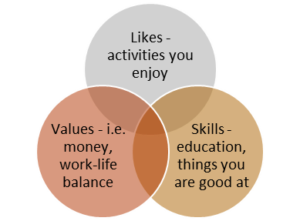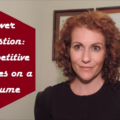For many people, receiving a job offer means the end of their job search. That said, there are still a few things to consider before signing on the dotted line.
- Total Compensation Package – although salary is an important factor to consider, there are other elements to your compensation package that should be examined. Annual bonuses, for example, could be viewed as optional as they are rarely guaranteed. Medical benefits, for example, should be aligned with your family needs. If not, you may need to ensure that your salary can offset any additional expenses you may incur. If salary is non-negotiable, you may be able to come up with creative solutions such as asking for a signing bonus.
- Commute – likely you would have visited the office location during the interview process. This may well have been during off-peak hours. Consider doing a ‘dry run’ to the office location during rush hour as the commute time might be very different than it was during off-peak hours. If the commute is significantly longer than you anticipated, then you may be able to negotiate a work from home arrangement.
- Travel – another thing to consider is the frequency of travel. It is not typical to have travel stipulations in an employment contract, however, it is important that you are very clear on the level of travel required for the role before you formally accept an offer.
- Hours & Over Time – in some cases, working hours will be stipulated in an employment contract. That said, it may be vague or not explicitly stated. As such, it is important to ensure that you are clear on the expected hours as well as any overtime requirements and/or eligibility.
- Team – ideally, you would have met your future team members during the interview stage. If not, and where possible, ask to meet the team before you accept an offer. Meeting the team will help you assess the culture, advancement opportunities, and working conditions.
When it comes to considering an offer of employment, clarity is key. Not only will you be able to avoid any surprises, but you will also be better able to balance the benefits with the expectations.
Final Thoughts
Organizations assess candidates through to the time they start working. In that spirit, you too should continue to assess the organization throughout the hiring process. This includes the offer negotiation stage. As such, it is imperative that both parties are honest and reasonable during this stage. In the rare instance that you feel you are not being treated fairly, it is reasonable to decline the offer. Keep in mind, the same holds true for the organization.
I hope you found this post helpful. If you have any additional insights, or would like to share your experience, I’d love to hear from you.
For personalized advice, check out the services section here.
Until next time, happy hunting!












